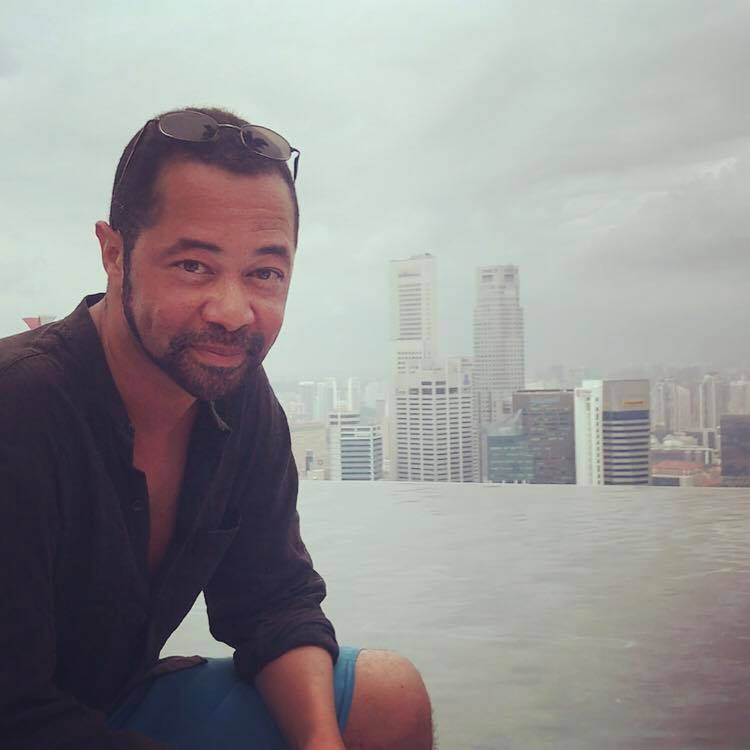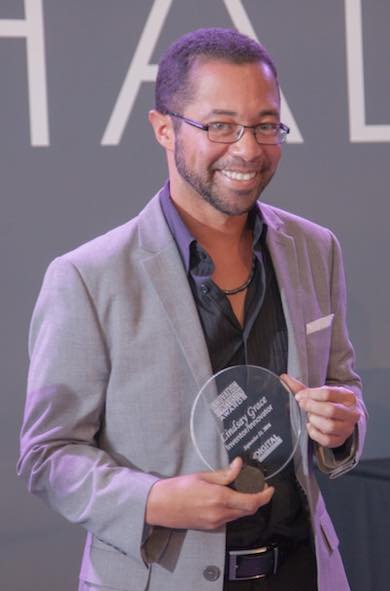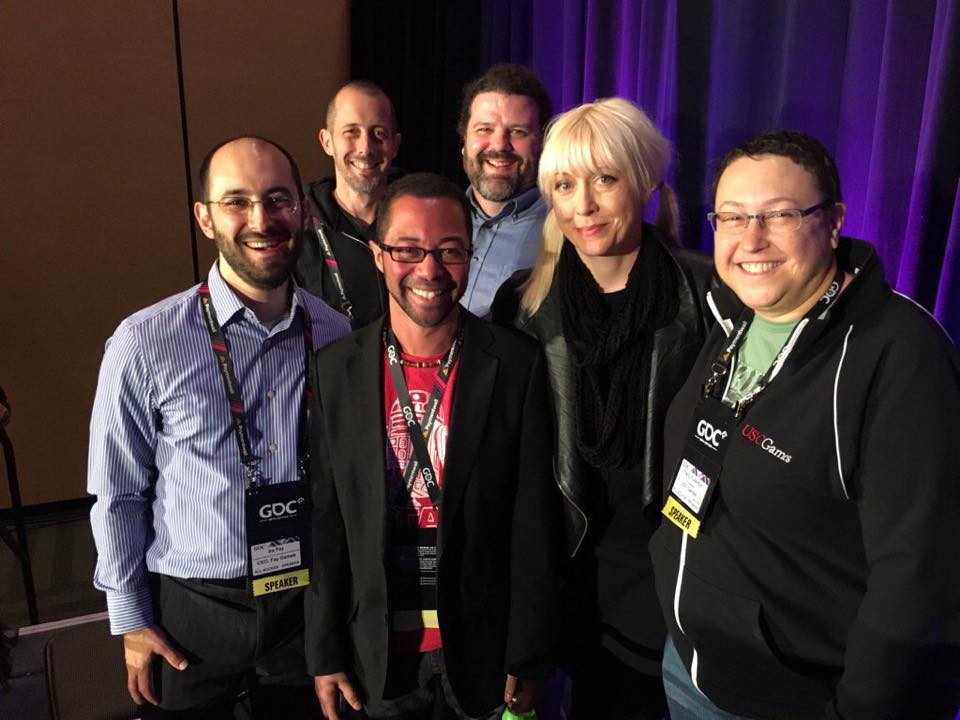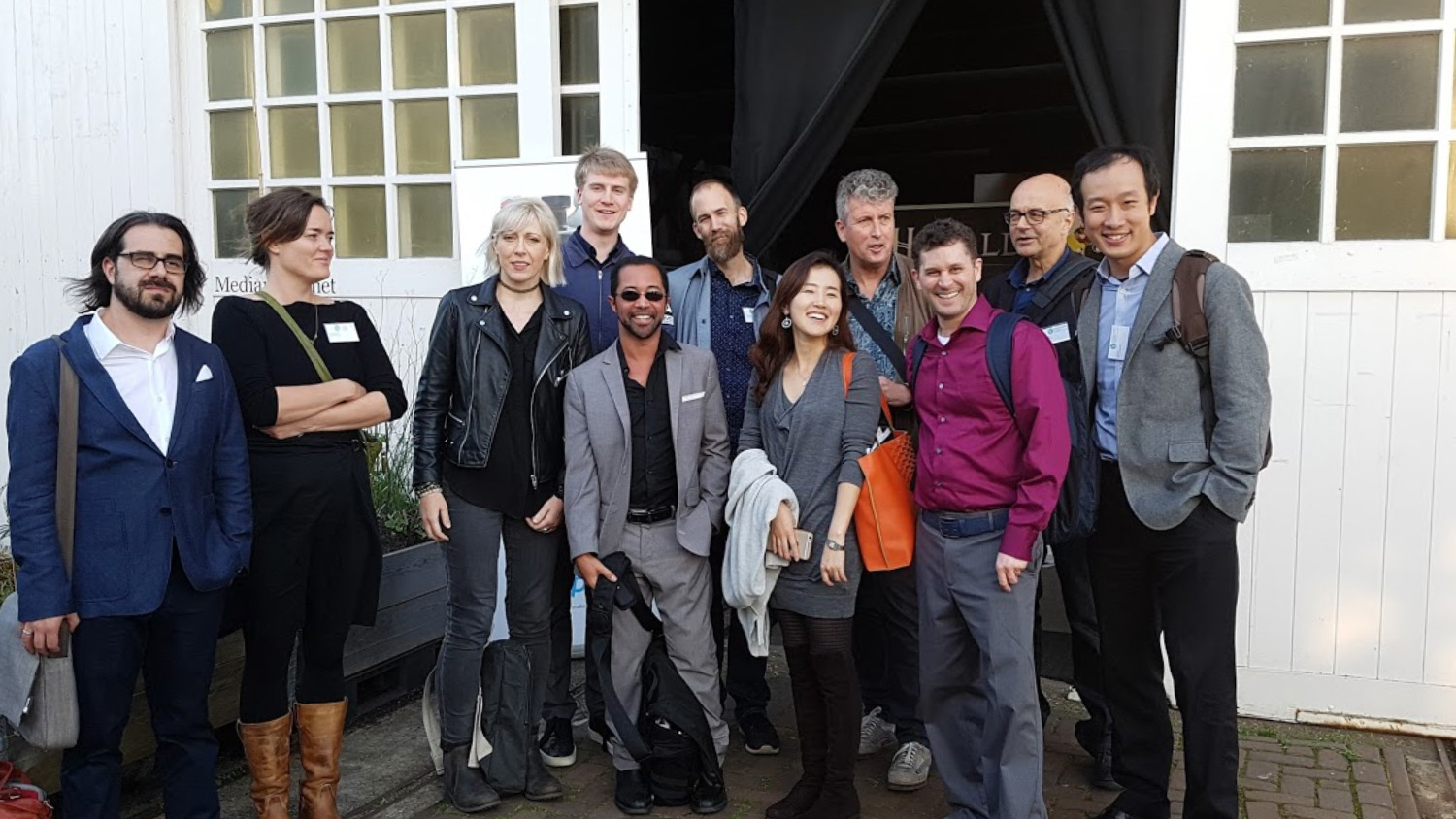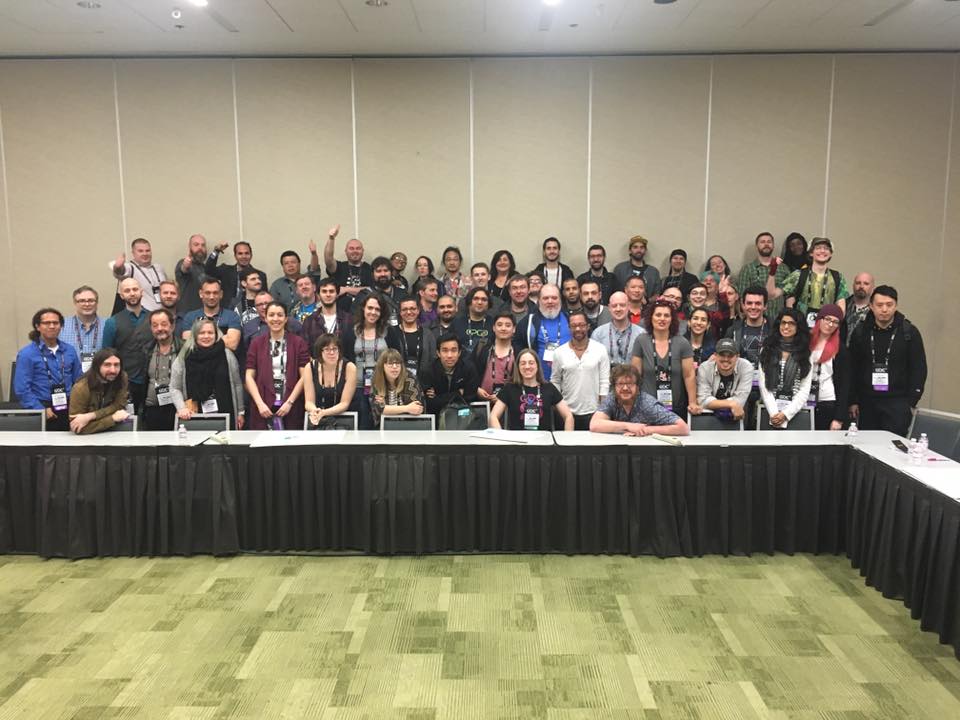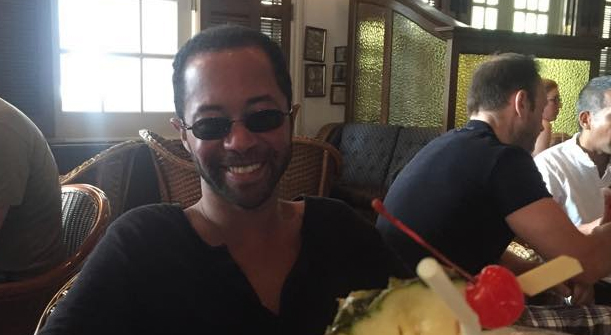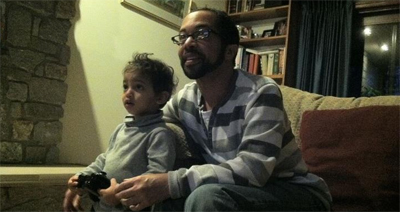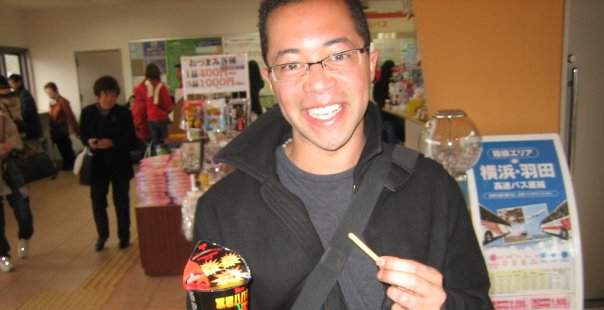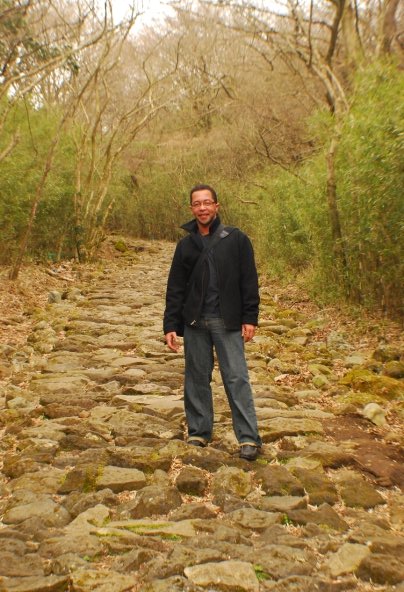Biography
Lindsay is Knight Chair in Interactive Media and an associate professor at the University of Miami School of Communication. He is Vice President for the Higher Education Video Game Alliance and the 2019 recipient of the Games for Change Vanguard award. Lindsay's book, Doing Things with Games, Social Impact through Design, is a well-received guide to game design. In 2020, he edited and authored Love and Electronic Affection: a Design Primer on designing love and affection in games. In 2021 he published the Amazon best seller, Black Game Studies, an Introduction to the games, game makers and scholarship of the African diaspora
His work has received awards and recognition from the Games for Change Festival, the Digital Diversity Network, the Association of Computing Machinery's digital arts community , Black Enterprise and others. He authored or co-authored more than 95 papers, articles and book chapters on games since 2009. His creative work has been selected for showcase internationally including New York, Paris, São Paulo, Singapore, Chicago, Vancouver, Istanbul, and others. Lindsay curated or co-curated Blank Arcade (2014-2016), Smithsonian American Art Museum’s SAAM Arcade (2014-2017), the Games for Change Festival (2017, 2022, 2023) and others.
He has given talks at the Game Developers Conference, SXSW, Games for Change Festival, the Online News Association, the Society for News Design, and many other industry events. He has had appearances on domestic and international television and radio and written editorials published by CNN and others.
Between 2013 and 2018 he was the founding director of the American University Game Lab and Studio. He served as Vice President and on the board of directors for the Global Game Jam™ non-profit between 2014-2019. From 2009 to 2013 he was the Armstrong Professor at Miami University’s School of Art. Lindsay also served on the board for the Digital Games Research Association (DiGRA) between 2013-2015.Curriculum Vitae (CV) / Resume (2022) [pdf]
Publications | Exhibitions | Presentations | Teaching | Games | Applications | Press | Contact |
Headshots and photos for public use. Photos are cropped, please click to see full image, outcropped. Save image directly for use (i.e. right click, CTRL-click or tap and hold).
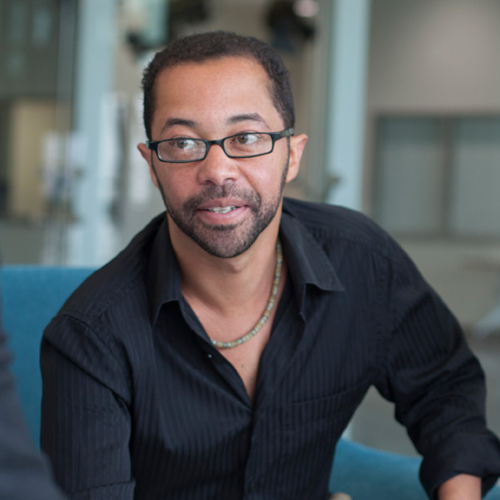

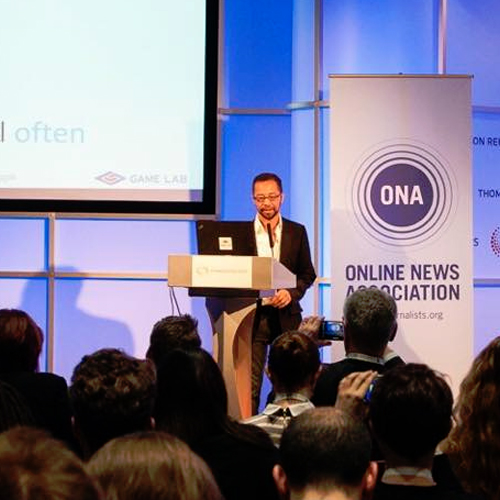
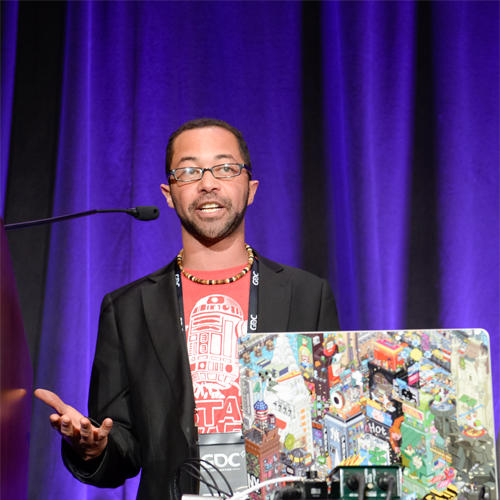
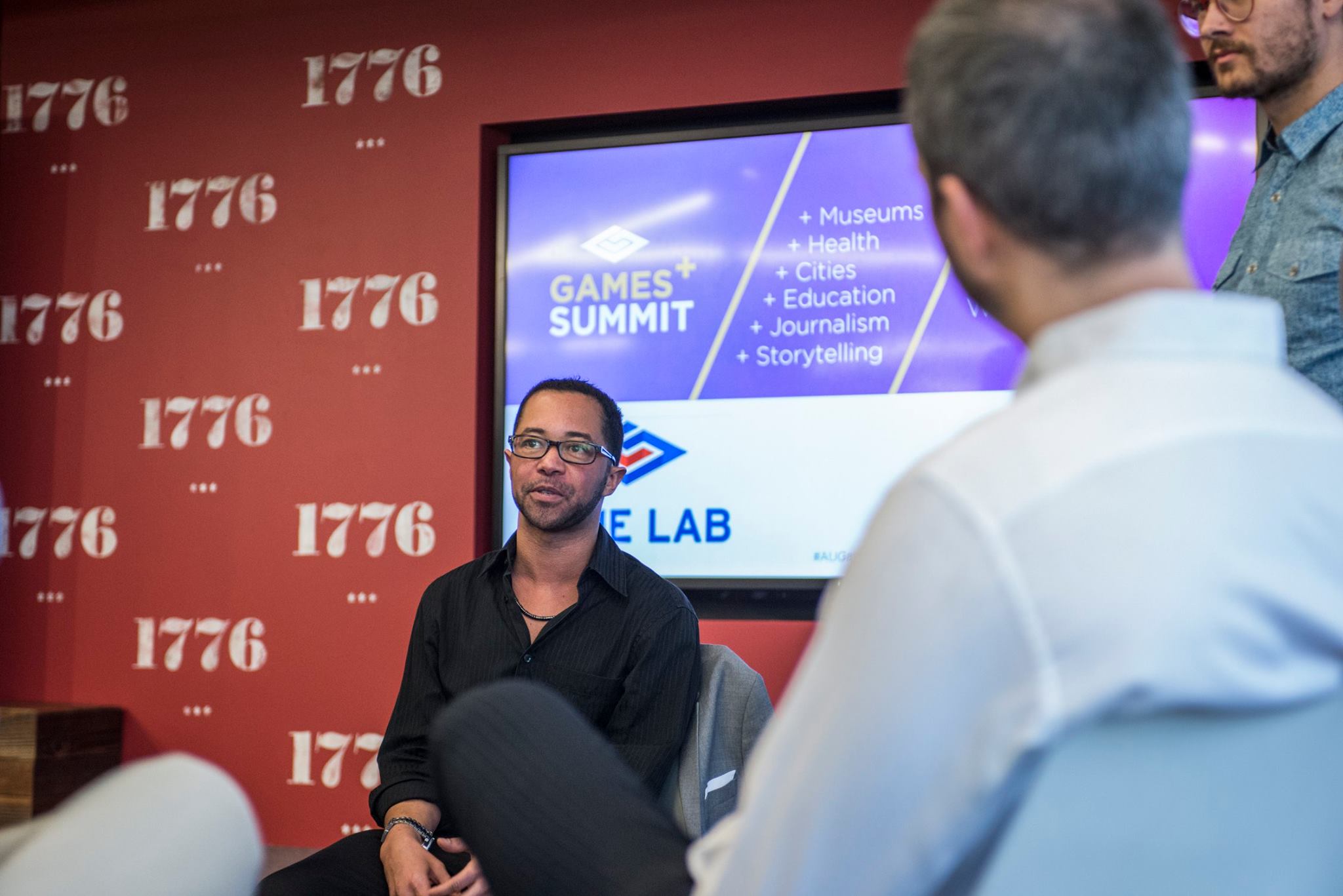
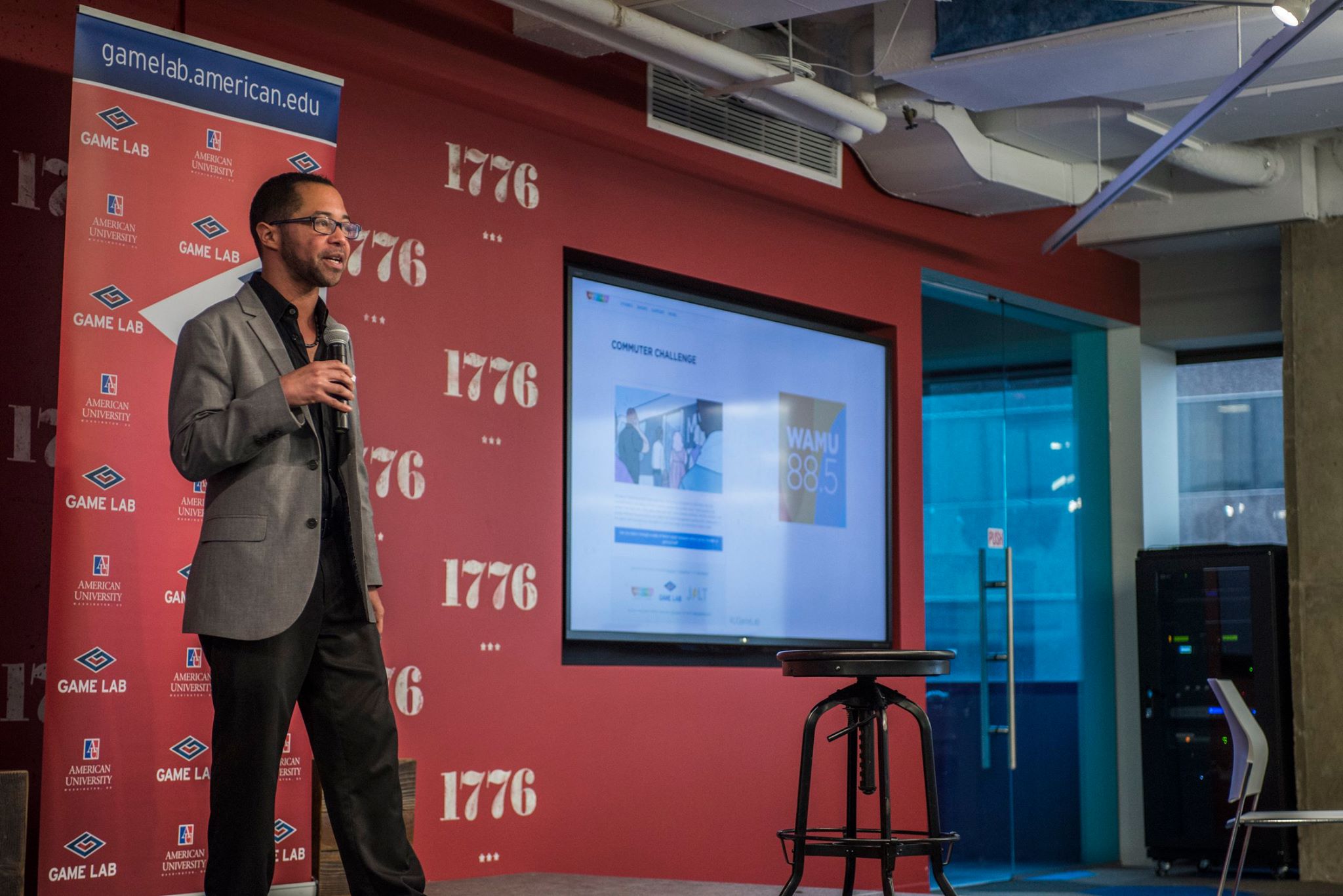
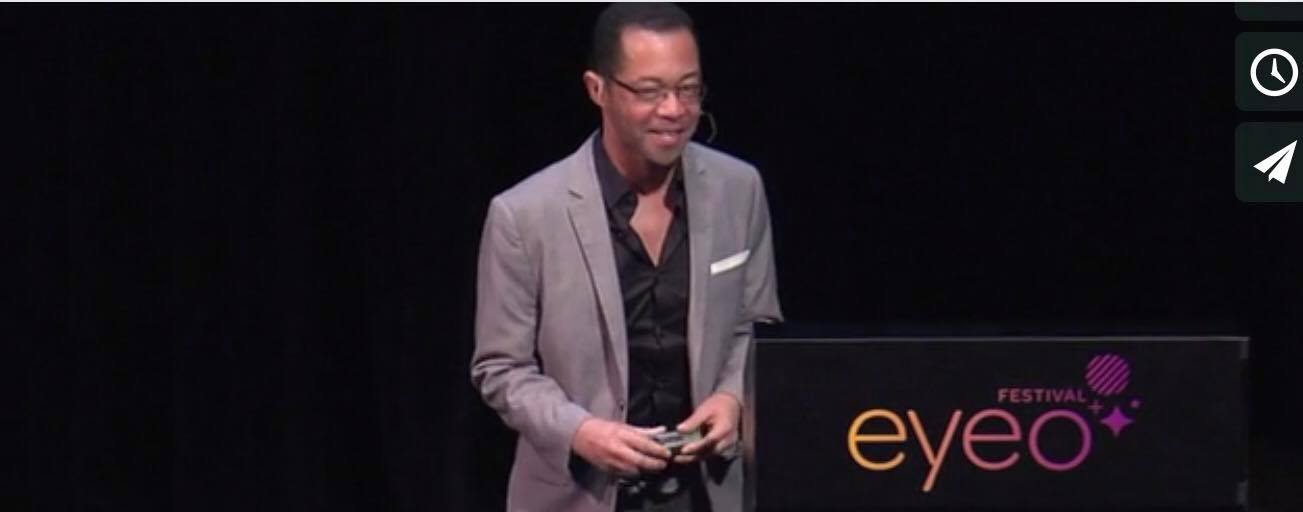
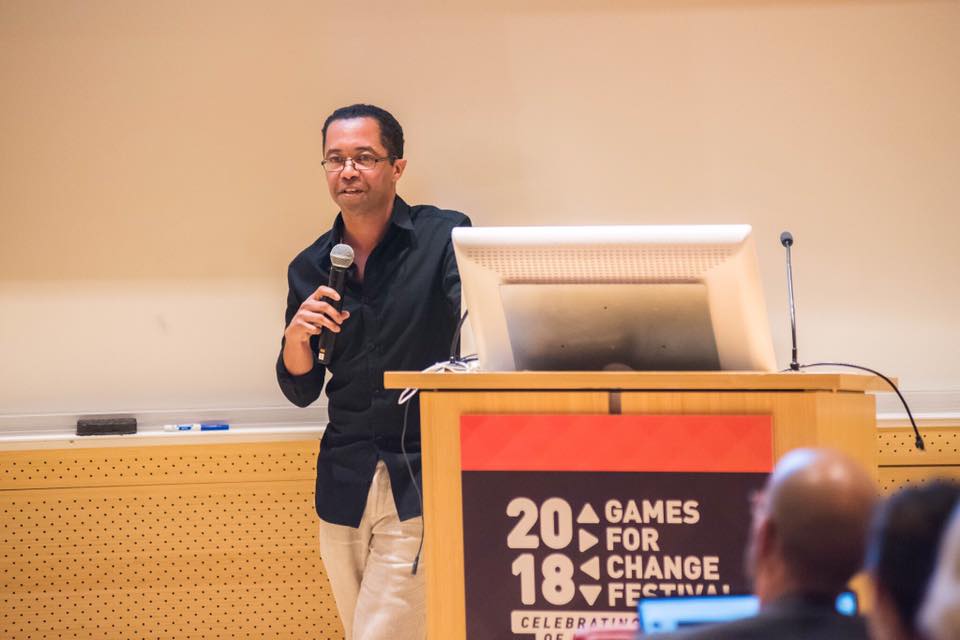
The following is a play list of television appearances and conference presentation videos
Research
Lindsay Grace has authored or co-authored more than 70 academic publications since 2009. He has given talks and keynotes at a variety of venues including the Game Developer's Conference (GHDC), SXSW, ACM CHI, the Games for Change Festival and a variety of other venues. The work is focused on uses of interactive media and games to explore cultural standards. The specific domains include social impact games, affection games, critical design, human computation games, and purpose driven games for education, news, and rhetoric. Lindsay founded the American University Game Lab and previously directed the Persuasive Play Lab (PPL) at Miami University. Lindsay is an associate professor at the University of Miami and Knight Chair in the School of Communication His game designs have received awards from the Games for Change Festival, Meaningful Play, Advances in Computer Entertainment and others. His creative work has been selected for showcase in more than eight countries and 12 states, including New York, Paris, Rio De Janeiro, Singapore, Istanbul, São Paulo, Chicago and Vancouver. .
Teaching
In 2018 Lindsay joined the faculty at the University of Miami School of Communication. Before that Lindsay founded the American University's Game Lab and Studio as associate professor and director. In 2009 he became the first Armstrong Professor of Creative Arts, holding a joint position between the Armstrong Institute for Interactive Media Studies and the College of Creative Arts. From 2003-2009 he taught in digital arts and writing at the Illinois Institute of Art in Chicago.
Lindsay has taught > 80 classes between 2003-2016. Visit the teaching section for student work samples and course content.
Game Design and Development
Lindsay has developed scores of games, typically serving as designer, developer and artist. He directed the American University Game Studio between 2013-2018, an academic game studio that produced purpose driven games for a variety of corporate and non-profit clients. He is the sole developer and designer behind Critical Gameplay and Mindtoggle Games. Critical Gameplay makes games designed to critique conventional game design and offer alternative play. Mindtoggle creates mobile games for a wide variety that integrate Critical Gameplay concepts into commercially oriented experiences.
Projects
-
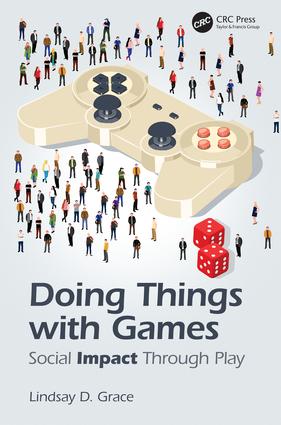
Doing Things with Games:
Social Impact through DesignA contemporary foundation in designing social impact games structured in 3 parts: understanding, application, and implementation. The book serves as a guide to designing social impact games, particularly focused on the needs of, media professionals, indie game designers and college students. It serves as a guide for people looking to create social impact play, informed by heuristics in game design.
Visit Book.ProfessorGrace.com -
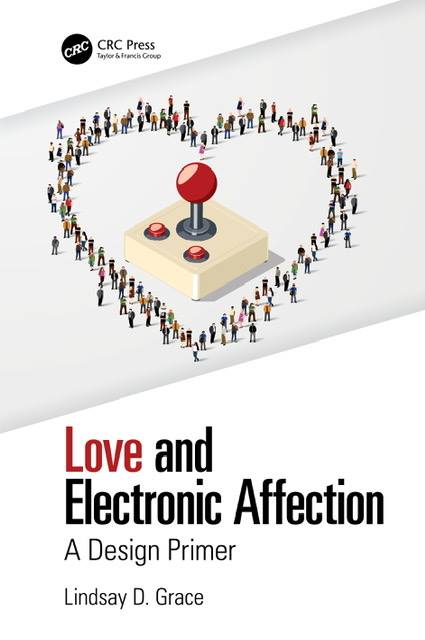
Love and Electronic Affection
A Design PrimerBrings together thought leadership in romance and affection games to explain the past, present, and possible future of affection play in games. The authors apply a combination of game analysis and design experience in affection play for both digital and analog games. The research and recommendations are intersectional in nature, considering how love and affection in games is a product of both player and designer age, race, class, gender, and more. The book combines game studies with game design to offer a foundation for incorporating affection into playable experiences.
Visit Affectiongames.com/ -
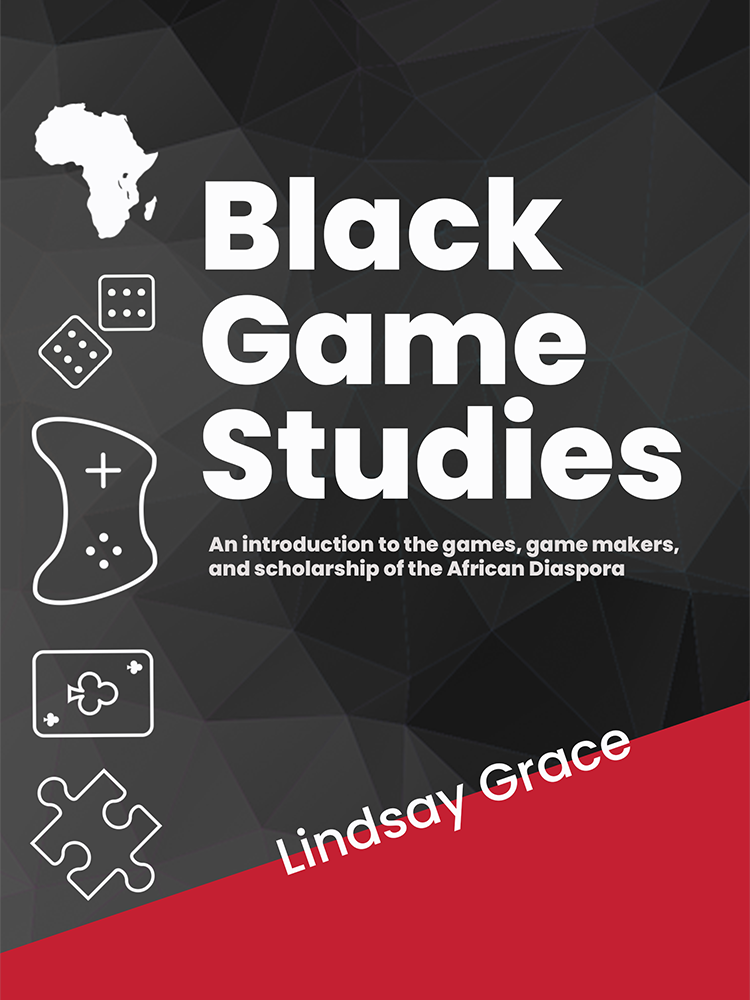
Black Game Studies
Black Game Studies introduces the work of game makers from the African diaspora through academic scholarship, personal narratives and a catalog of works. It aims to provide a foundation from which researchers, designers, developers, game historians and others can draw an understanding of patterns, present practice, and a potential afro-future. Its works to make more visible, through aggregation and showcase, the creative contributions of Black game makers. It is an effort to meet the need to diversify the game-making community by not only highlighting the work of Black people, but in creating an enduring archive of such work.
Visit blackgames.professorgrace.com/ -

Journalism Games, Toys and Interactives
JournalismGames.org aims to showcase interactives, toys and games from journalists or about the news. The site is intended as a resource for people who are planning to design or develop a variety of playful infographics, editorial games and more.
Visit JournalismGames.com -

American University
Game Studio / Lab / Center (2013-2018)The AU Game Studio fosters productive and creative partnerships between the academic game design researchers in the Game Lab and leading educational, health, and business organizations, focusing on games that advance the human condition.
Visit American.edu -

Critical Gameplay
The games in the Critical Gameplay collection are designed to help reevaluate our perspective on gameplay experiences. Like critical cartography changes the way we perceive the world, critical gameplay seeks to offer alternate perspectives on the way we play.
Visit CriticalGameplay.com -

Mindtoggle (2013-2016)
Mindtoggle is a video game and playful media consultancy. It is led by professor Lindsay Grace, a 20-year veteran of game-making and interactive media. Mindtoggle's services have been provided to international non-profits, varied media arts organizations and the commercial sector. For several years Mindtoggle made commercial mobile games for iOS and Android devices. The games are designed for mobile devices and lightly employ the alternative mechanics of the Critical Gameplay project. The games are the commercial exploration of critical gameplay.
Visit Mindtoggle.com -

Journalism Leadership Transformation (2015-2018)
JoLT is a collaboration between American University's Game Lab and School of Communication tasked with exploring the intersection of journalism and game design.
Visit Jolt.AUGameLab.com -

Polyglot Cubed
An educational practice tool and game prototype for learning languages. It is designed to entertain while enforcing language comprehension. Polyglot can be used to improve comprehension of a variety of languages with minimal training.
Visit Polyglot3.com
Personal Note
I don't like talking about myself in the third person, but it makes it easier for other people to cut and paste my bio.
I teach because I have more people to thank than I can ever repay. With the skills I have and my propensities - teaching digital design is what I do. I don't think the work I design will save a life, but it might just inspire one.
I also teach because I love it. I want every one of my students to have that ah-ha moment at least once in my classes. Most of my ah-ha moments have changed my life for the better. I hope I can facilitate the same.
I am an alumnus of Friends Academy (Massachusetts), A Better Chance (Williamstown, Massachusetts) LEAD @ University of Arizona, InRoads, and the PhD Project (conference). I am a Christian A. Herter scholarship recipient. I've never done well on tests, which is fitting since I was one of 3 speakers at the 1994W. Allison Davis commemorative US postage stamp ceremony (Dr. Allison challenged the validity of standardized tests).
Before I was 12 I started selling half-baked video games. I called that company Mindtoggle (from mind-switches). 8 years later I started a company with my friend Tony (now at Twitter), to sell club merchandise, DJ mixes, promote club specials and offer VIP access. I called that company Mindtoggle.com. It grew to be the 3rd largest resource for clubbing news in Chicago, but I put it to rest when Metromix (the #1) matured. Now Mindtoggle sells mobile games. As Kurt Vonnegut writes - so it goes.
Hobbies:
For 6 seasons, I raced two cars in SCCA Autocross (a z51 vette and an mx-5). Before that I raced bikes in ABR and USCF road. Now I design and play video games. The rest of life is peppered with EDM and Salsa dancing, travel, cooking (we'll call it international fusion), board games, fiction and philosophy. My first claim to fame was a credit on Carl Cox's live at Crobar-Chicago CD.
Any significant press about me or my work can be found on the press page. Additional and older photos are here:
